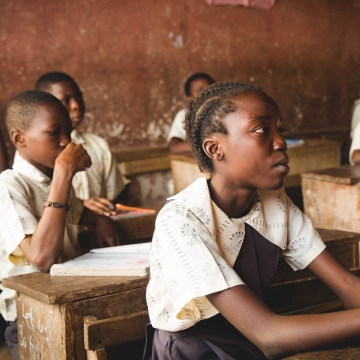Poverty and gender considerations in marine spatial planning: Conceptual Framework
The report provides a framework for ensuring that marine spatial planning (MSP) does not worsen poverty and gender inequality in developing countries, and that potentially marginalised groups are appropriately considered and engaged in the MSP process.
This report provides guidelines for the steps of a more inclusive MSP process.
The findings indicate that a scorecard can be used to guide the social sustainability of the MSP process. The criteria in the scorecard include:
Gender analysis of wholesale smoked-fish marketing in Kainji Lake Basin, Nigeria
The study investigated gender in wholesale smoked-fish marketing in Kanji Lake Basin, Nigeria. Specifically, the study identified roles of individual actors in fish marketing, determined the profitability of fish marketing, analyzed the marketing efficiencies and estimated gaps in the fish marketing chain. A two-stage sampling procedure was used to select 60 wholesale smoked-fish marketers from 13 communities. Primary data were collected from wholesale smoke-fish marketers using an interview schedule.
Small-scale gold miners’ preferences on formalization: first steps toward sustainable supply chains in Colombia
Key Messages
- Artisanal and small-scale gold miners in remote areas of Colombia are willing to try formalization (obtaining a legal title to extract gold). However, they perceive costs can hinder the adoption of this formalization
- Bundles of preferences about benefits and costs of formalization are not uniform across commodities and depend upon previous experience with formalization and the strength of social capital formation.
- Gender seems to play an effect on preferences, but this impact is not consistent across the communities studied
Pagination
- Previous page
- Page 8
- Next page
